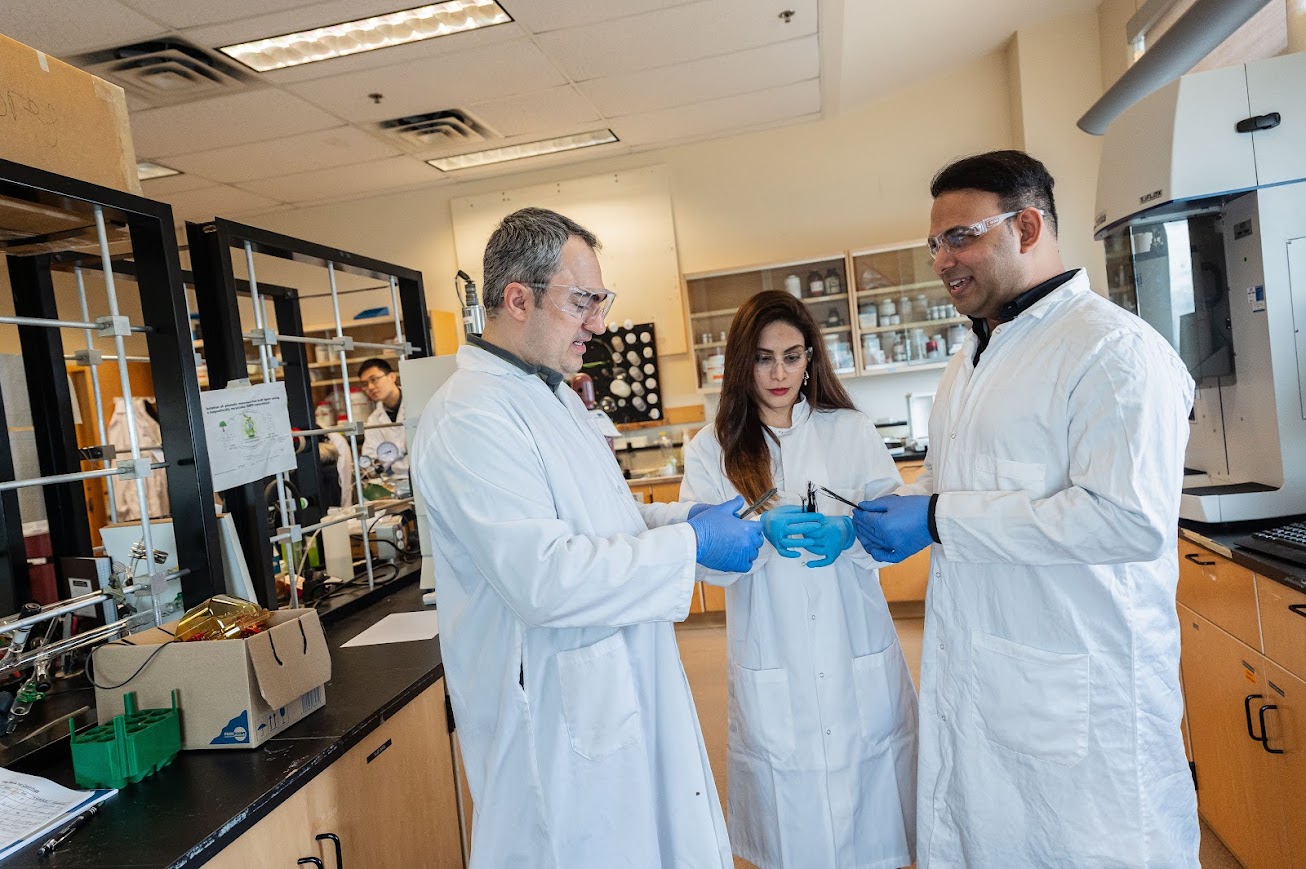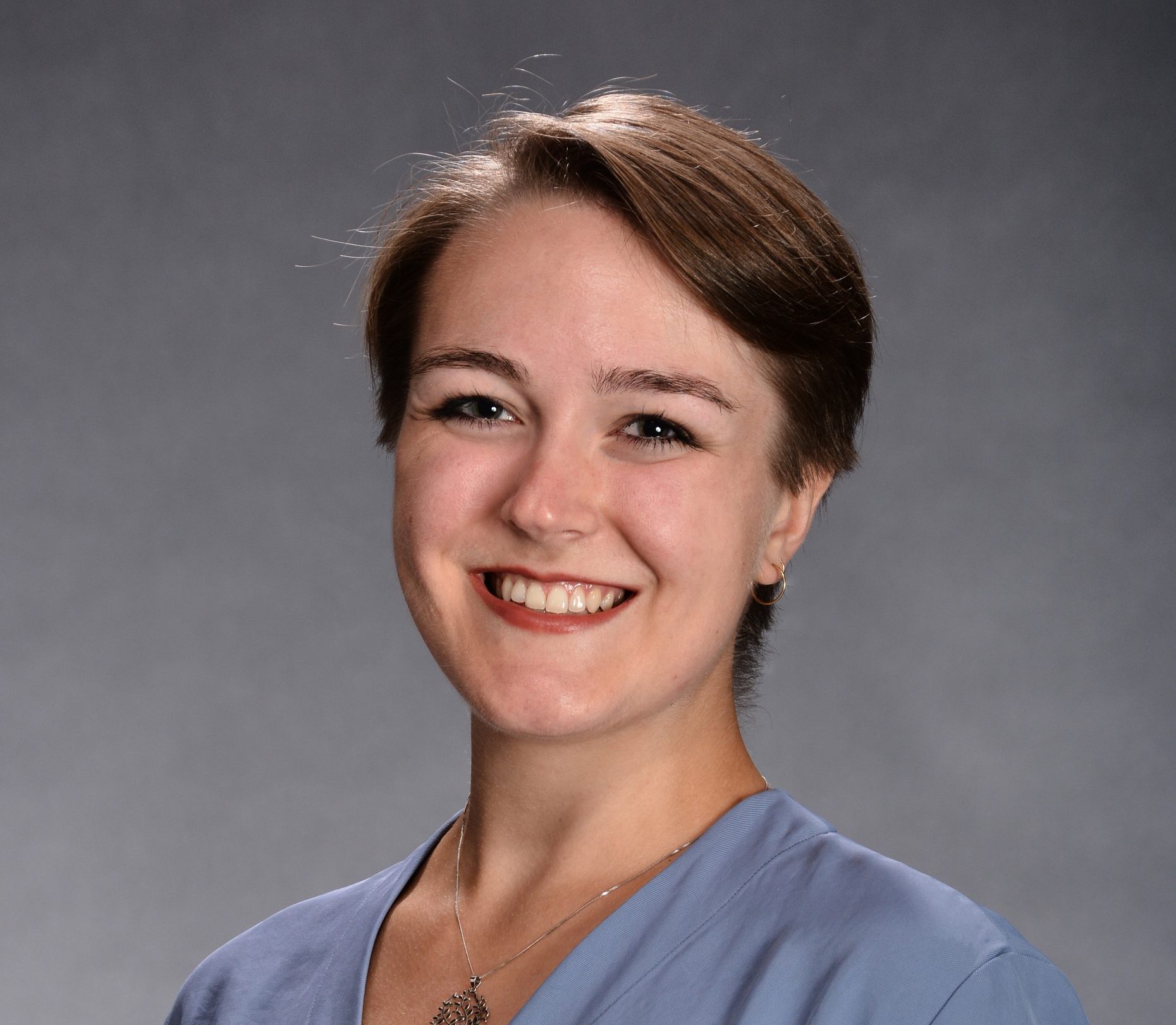Imagine unlocking the secrets behind the materials that make up our world—from the smartphones in our pockets to the sustainable technologies needed for the future. Materials engineering offers a journey into the heart of innovation, where you can explore how materials are created, designed, and used to solve real-world problems. By diving into this field, you’ll be at the forefront of developing cutting-edge solutions that impact our society, environment, and economy.
As one of the four Materials Engineering programs in Canada, we take pride in our close-knit community, distinguished by a small student-to-professor ratio. Each year, our program awards a wide range of scholarships to current students in the program. A comprehensive list of scholarships and awards can be found on UBC Student Services. Join us to be part of this exceptional learning experience, gaining specialized knowledge with diverse applications!
The Bachelor of Applied Science in Materials Engineering aims to develop an understanding on the entire life cycle of materials, including recovery of materials from minerals, designing and engineering materials into products, understanding and evaluating materials performance, proper disposal and recycling of materials, and evaluating societal and economic benefits.
Gain the Edge as a Materials Engineer
As a materials engineer, you will gain a range of exciting competencies that will set you apart from other engineers:
Master Engineering Fundamentals and Theory
Tackle materials engineering challenges by applying in-depth knowledge of thermodynamics, heat and mass transfer, kinetics, and transport.
Innovate in Materials Processing and Evaluation
Evaluate and optimize processes for extracting, synthesizing, and producing materials, balancing technical, economic, and environmental benefits for society.
Specialize in Materials Selection, Properties, and Characterization
Identify the perfect materials for various applications and explore their properties. Delve into the fascinating relationships between structure, properties, and processing.
Probe into Data Analysis and Problem-Solving
Get hands-on experience with cutting-edge computer modeling and simulation tools, complementing your textbook knowledge to solve complex materials engineering problems.
Develop Project Management and Communication Skills
Engage in dynamic technical group projects that enhance your project management, communication, and interpersonal skills. Learn to articulate and justify your innovative solutions with confidence.
Explore the Sectors Shaped by Our Graduates
Materials engineering is a highly competitive degree that, despite being a specialized field, offers diverse and far-reaching career opportunities. Our alumni have ventured into a wide array of industries, leveraging their expertise to make significant impacts in today’s world, such as:
Aerospace Industry
Materials engineers develop advanced materials that improve the performance, safety, and fuel efficiency of aircraft and spacecraft. They work on cutting-edge projects like lightweight composites and high-temperature alloys.
Automotive Sector
Engineers in this field create stronger, lighter, and more durable materials for vehicles, enhancing performance, safety, and fuel efficiency. They also contribute to the development of electric and autonomous vehicles.
Biomaterials Engineering
Materials engineers design and develop biocompatible materials for medical devices, implants, and prosthetics, contributing to advancements in healthcare and improving patient outcomes.
Critical Minerals Sector
Materials engineers develop advanced extraction technologies and conversion processes to address the rising demand for critical minerals such as copper, optimizing efficiency, cost-effectiveness, and environmental stewardship.
Energy Sector
From renewable energy technologies to oil and gas extraction, materials engineers play a crucial role in developing materials that improve energy efficiency and sustainability. They work on solar panels, wind turbines, and advanced batteries.
Electronics and Semiconductor Industry
Engineers in this sector develop materials for cutting-edge electronic devices, including semiconductors, sensors, and flexible electronics, driving innovation in technology.
Environmental Engineering
Materials engineers contribute to developing sustainable materials and processes, such as biodegradable plastics, recycling technologies, and materials for pollution control, addressing critical environmental challenges.
Manufacturing and Industrial Engineering
Materials engineers optimize materials and processes for various manufacturing applications, ensuring products are produced efficiently, cost-effectively, and to high-quality standards.
To learn more about wages and job market information as materials engineers in Canada, please visit Canada Labor Market Information, WorkBC Job Market Information.



